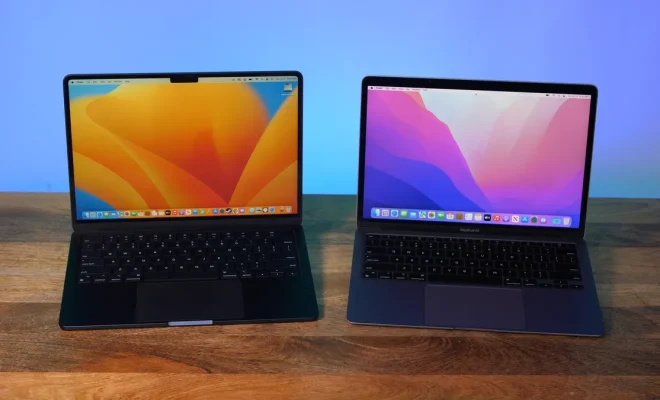It’s Time to Stop Waiting for Apple’s Next iPhone Moment
Ever since the original iPhone revolutionized the world of technology, people have eagerly anticipated the next “iPhone moment,” the groundbreaking product that would once again change the game. However, as time passes and Apple releases more devices, it becomes increasingly apparent that it’s time to stop waiting for this proverbial event.
When Apple introduced the first iPhone in 2007, the device’s sleek design, innovative touchscreen interface, and app-driven ecosystem altered the way users interacted with their phones and each other. This significant leap forward created a wave of imitators and an entire industry centered around smartphones.
The years following the iPhone’s introduction witnessed further innovations from Apple, such as the iPad in 2010 boasting a larger screen and a more immersive user experience. In addition, the release of wearable tech, like the Apple Watch in 2015, showed that Apple continued to innovate in areas beyond smartphones.
While these subsequent devices still elicited excitement from consumers and continued to perform well in the market, none have quite achieved the same level of innovation as that initial iPhone release. Moreover, this is not necessarily an indictment against Apple or any other tech company. The fact is that lightning rarely strikes twice.
There are several reasons why it’s time to move past waiting for another “iPhone moment.”
Firstly, technology evolves at such a breakneck pace that true game-changers become increasingly difficult to achieve. With each new iteration of a device or every new gadget on the market, expectations ratchet up accordingly. It is virtually impossible for a single product to revolutionize an industry already flush with innovative ideas and rapid advancements.
Secondly, Apple itself has changed since Steve Jobs’ era when it was constantly pushing boundaries and reinventing its product line. Under Tim Cook’s leadership, the company has been less revolutionary and more focused on refining and perfecting its existing line-up. While this approach has been financially successful, it sacrifices some of the revolutionary game-changers that marked Apple’s history.
Lastly, the world is now a vastly different place than it was in 2007. With countless tech companies competing to unveil the next big thing, it becomes challenging to single out one device as a true game-changer. In today’s interconnected digital landscape, advances in areas like artificial intelligence, machine learning, and augmented reality are going to be what shapes our future – not just a new smartphone or other consumer electronic devices.
In conclusion, while it’s only natural to long for another iconic iPhone moment, we must come to terms with the fact that such a watershed event may not happen again soon. Instead of fixating on this elusive next big thing from Apple or any other company for that matter, we should instead focus on how the cutting-edge advancements already present in various technological fields can transform our lives in an ever-evolving digital world.






